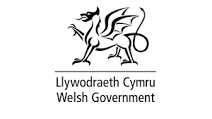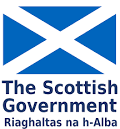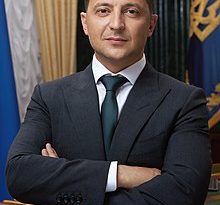PRESS RELEASE : New actions to protect Welsh-speaking communities
The press release issued by the Welsh Government on 3 August 2022.
The Minister for Education and Welsh Language will today provide a preview of the actions which are part of the Welsh Government’s plans to safeguard communities where Welsh is the main language and where there are large numbers of second homes.
The interventions include encouraging homeowners to give local people a fair chance when selling their property. The Minister will also announce a new Commission for Welsh-speaking Communities, Comisiwn Cymunedau Cymraeg, which will bring together experts to make policy recommendations to protect and strengthen Cymraeg as a community language.
The Minister will discuss these actions today at the National Eisteddfod in Tregaron, ahead of the publication of the final Welsh Language Community Housing Plan (WLCHP) in the autumn.
The Minister will share details of the proposed schemes including a voluntary ‘fair chance scheme’, to help sellers make decisions about how they sell property, by allowing properties to be marketed locally only, for a fixed period. The Welsh Government will also work with organisations such as estate agents to address the housing needs of those communities.
The WLCHP will also include support for social enterprises and community housing co-operatives, as well as steps to protect Welsh place names.
As part of the Programme for Government and Co-operation Agreement commitments to tackle the negative impact second homes and a lack of affordable housing can have, the Welsh Government has extended the discretionary powers for local authorities to increase council tax on second and long-term empty homes by up to 300%.
Last month, the Welsh Government and Plaid Cymru announced further plans for new planning laws, a licensing scheme for visitor accommodation and proposals to change land transaction tax in areas with large numbers of second homes, as part of their Co-operation Agreement.
Jeremy Miles said:
“For the Welsh language to thrive, we need sustainable communities and good job opportunities in the areas where it is widely spoken.
Through our Welsh Language Communities Housing Plan, and the Commission for Welsh-speaking Communities we’re announcing today, we and our partners will work together with communities where Welsh is the main language and help them develop plans which protect their identity and our language.
This isn’t about imposing solutions, so everything we do will be in line with local communities’ aspirations.
The Commission will help us develop future policies to sustain the language in those communities traditionally considered its heartlands. This isn’t about setting up a new body, it’s a group of experts in a range of fields who will give us a completely candid view about how the economy, policy decisions and demographics are affecting the Welsh language.
I’ve said many times that the Cymraeg belongs to us all, as does the responsibility for its future. We’ll have to be brave and tackle things together that might be difficult. I’m sure that some of the things the Commission will tell us will be challenging, but that’s important – that’s what will help us find the most effective answers!”
Dr Simon Brooks, who previously published Second homes: developing new policies in Wales for the Welsh Government, will chair the Commission.
The members of the Commission are:
Talat Chaudhri
Lowri Cunnington Wynn
Cynog Dafis
Meinir Ebbsworth
Delyth Evans
Dafydd Gruffydd
Myfanwy Jones
Shan Lloyd Williams
Cris Tomos
Rhys Tudur
Dr Brooks said:
“As a Commission, we’ll examine the linguistic reality of Welsh-speaking communities today in order to make policy recommendations which will help safeguard them for future generations.
The Commission will produce a comprehensive report, bridging policy areas from education to the economy. By looking at these together, we want to help develop answers to the challenges facing our Welsh-speaking communities as a whole. Cymraeg belongs to us all and developing Welsh-speaking communities is crucial to its future as a living language.”



